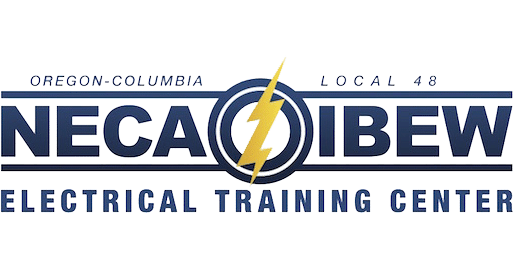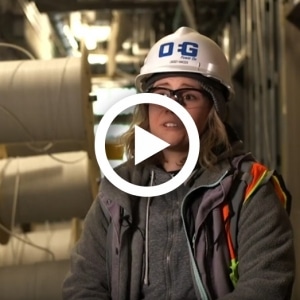Industrial Athlete
We are industrial athletes. We make our living performing physically and mentally demanding work that requires skill, strength, flexibility, coordination and endurance…just like athletes. Unfortunately, many construction workers do not think of themselves as industrial athletes and instead choose poor habits that promote an unhealthy lifestyle.
It’s no secret that heart disease is the leading cause of death in the United States. The Industrial Athlete program puts focus on physical health and nutritional health. The construction industry is partnering with the American Heart Association to create a cultural change within our industry so we may live long, healthy lives and enjoy retirement.
Physical Health
- Blood pressure management. Many people have a form of high blood pressure and don’t know it. When was the last time you had your blood pressure checked?
- Improving physical activity. While our work is tiring, it doesn’t provide the cardio workout our heart needs to stay healthy.
Nutritional Health
- Reduce sugar-sweetened beverage consumption and energy drinks which contribute to high blood pressure.
- Our industry is working with food truck vendors to increase availability of healthy foods and beverages. More workers are wanting choices for quick, healthy meals.
Let’s not forget about mental health – the pathway to physical and nutritional health
Got stress? The American Medical Association reported studies showing stress as the underlying cause of 60% of all illness and disease making stress the number one proxy killer.
Stress affects the entire body and can cause health problems such as insomnia, asthma, ulcers, nervousness, paranoia, or depression.
The Centers for Disease Control reported that male construction workers have the highest rate of suicide in the U.S. In a male-dominated “tough guy” industry, workers with mental health issues are often overlooked or fail to seek help. Fatigue and work pressure are known to be contributing factors. We can learn to recognize the signs of stress before they develop into depressive thoughts. Look for changes in appetite, unexplained joint pain, tight chest, anxiety, loss of motivation, increased smoking or drinking, withdrawal or aggression, or difficulty concentrating.
Resources for Wellness:
- Harrison Health and Welfare (Health Plans, Flex Benefits, Retirement)
- Harrison Trust EAP (Employee Assistance Program)
- 211 (Dial Toll Free) for Oregon and Southwest Washington communities to help people identify, navigate, and connect with the local resources they may need




